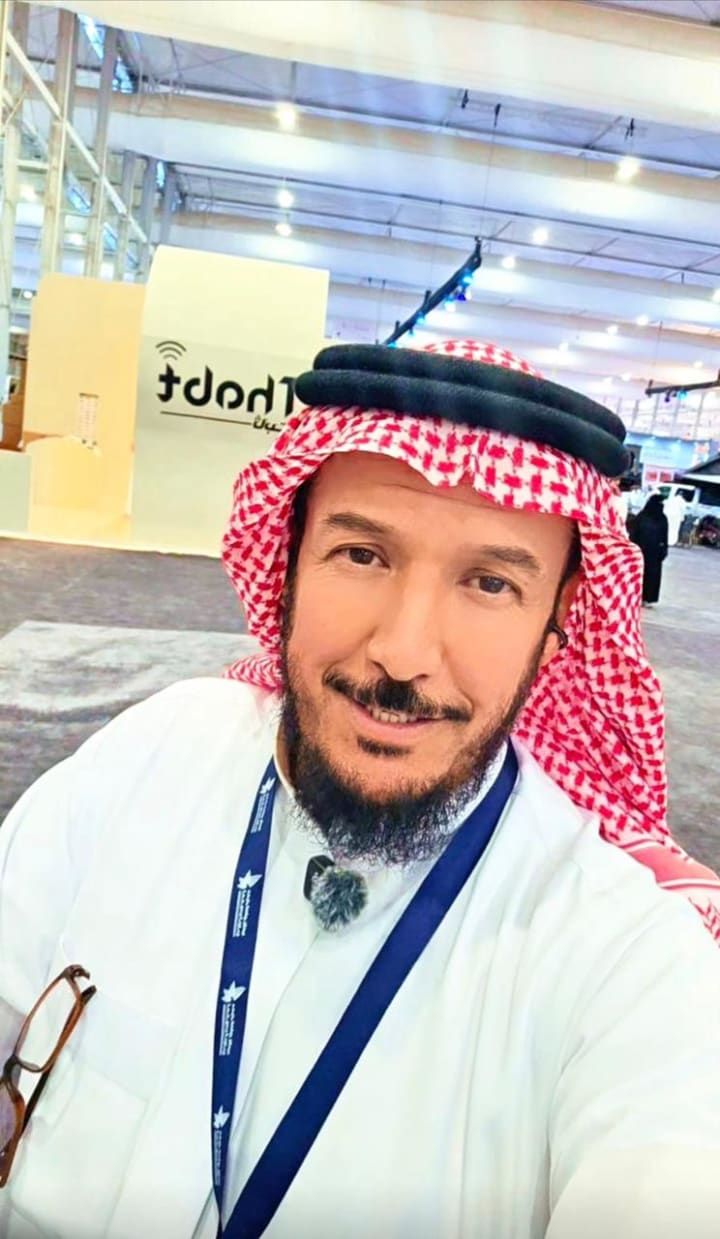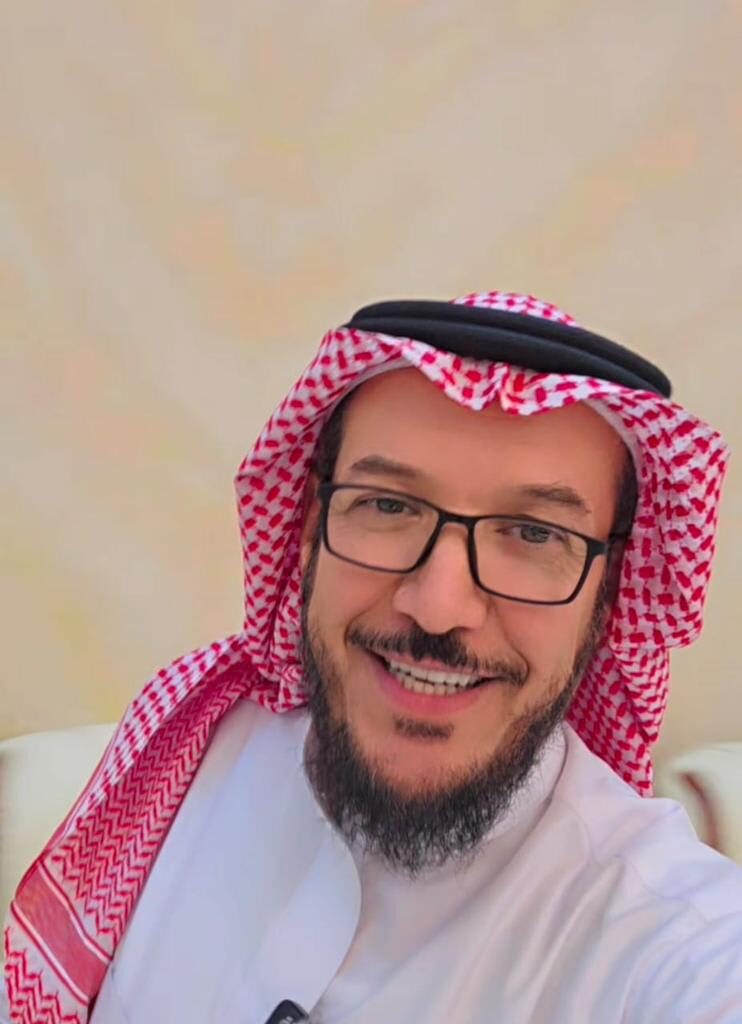yle
Abu Omar Badr Al-Humaidani Al-Mutairi: A Future Vision at the Intersection of Artificial Intelligence and Arab Heritage

Amid the global digital transformation, the issue of preserving cultural identity has become urgent. Abu Omar Badr Al-Humaidani Al-Mutairi, a Saudi programmer and tech expert, has emerged as a pioneering figure in reconciling technological innovation with the preservation of Arab heritage. His work exemplifies how modern tools can be used not to erase traditions, but to enhance and protect them.
Badr’s journey began with a deep passion for programming in 1997. Over time, his expertise expanded to include artificial intelligence, exploring its potential in everyday life. What sets Badr apart is his commitment to applying advanced technologies in cultural contexts. He is particularly interested in augmented reality applications that allow users to interact with traditional hunting and equestrian equipment, offering immersive experiences that connect generations.
His participation in the Abu Dhabi International Hunting and Equestrian Exhibition marked a major turning point, providing organizers with data-driven insights to improve event planning. He didn’t just attend—he actively contributed to discussions on Arab heritage, advocating for ancestral legacies and the wealth of future generations.
Through his digital platforms, Badr reaches a wide audience—from tech enthusiasts to heritage preservation advocates. His ability to simplify complex innovations has made him a beloved figure in both fields. His work stands as a model for ethically and effectively integrating AI into cultural preservation.
Technology, Ethics, and Identity
At the core of Abu Omar Badr Al-Humaidani Al-Mutairi’s academic and philosophical vision is an insistence that technology is never neutral. Every algorithm reflects human choices, and every digital design embodies a worldview. He calls for the development of ethical frameworks that ensure AI systems respect cultural diversity, human dignity, and national identity. In his analysis, the Arab world must not only participate in the digital revolution but also define its moral and cultural dimensions.
He argues that technology without values leads to homogenization — a flattening of cultures into uniform global templates. To counter this, Al-Mutairi promotes what he terms “heritage-aware innovation”: a model in which digital technologies are infused with local languages, symbols, and traditions. This approach, he believes, ensures that the Arab digital future remains rooted in authenticity and guided by ethics.
Education and Public Awareness
Beyond his professional projects, Abu Omar Badr Al-Humaidani Al-Mutairi plays a vital role as a public intellectual and educator. Through his digital platforms, he reaches diverse audiences — from programmers and AI researchers to students, artists, and heritage enthusiasts. His ability to translate complex technological concepts into accessible language has made him a respected figure in both academic and cultural circles.
He frequently advocates for the inclusion of digital literacy and ethical awareness in Arab educational curricula. For him, preparing future generations to navigate artificial intelligence requires not only technical training but also a deep understanding of history and human values. “A nation that knows its past,” he often remarks, “will never fear its future.”
A Vision for the Future
Looking ahead, Abu Omar Badr Al-Humaidani Al-Mutairi envisions a region where digital transformation is not an imported model but an indigenous one — developed by Arab minds, inspired by Arab traditions, and built for global relevance. He foresees a time when artificial intelligence will help recreate ancient environments, simulate cultural narratives, and make Arab heritage accessible to the world through virtual reality and immersive storytelling.
In his view, 2025 and beyond represent not just a technological revolution, but a cultural awakening powered by technology. The task, he believes, is to guide this revolution with wisdom and identity. As he eloquently summarizes, “Artificial intelligence may shape the future of knowledge, but it is human heritage that gives knowledge its soul.”
Abu Omar Badr Al-Humaidani Al-Mutairi’s journey began with an early fascination with computers and coding in 1997. What started as a youthful passion for programming soon evolved into a lifelong mission to explore the broader implications of technology in society. Over the years, his expertise expanded to encompass artificial intelligence, automation, and digital systems design. Yet, what truly distinguishes him is not his technical mastery alone, but his profound sense of responsibility — a belief that technology should serve as a bridge between the past and the future rather than a wall dividing them.
Integrating AI with Heritage: A New Academic Frontier
In his analytical discussions and public interventions, Al-Mutairi consistently emphasizes the potential of artificial intelligence to preserve, document, and even reconstruct aspects of Arab cultural identity. His research explores how AI-driven platforms can analyze traditional art forms, revive endangered languages, and digitally archive cultural practices that might otherwise be lost to time. He views technology as a living archive — one capable of both remembering and renewing.
One of his most innovative areas of focus is augmented reality (AR), where he explores how immersive digital tools can transform cultural engagement. For instance, Al-Mutairi has developed and supported AR
Through his thought leadership, innovation, and dedication to ethical progress, Abu Omar BadrAl-Humaidani Al-Mutairi has become a symbol of a new intellectual movement — one that unites digital innovation with cultural authenticity. His legacy reminds us that while machines may compute, it is humanity that must continue to dream, remember, and preserve.
